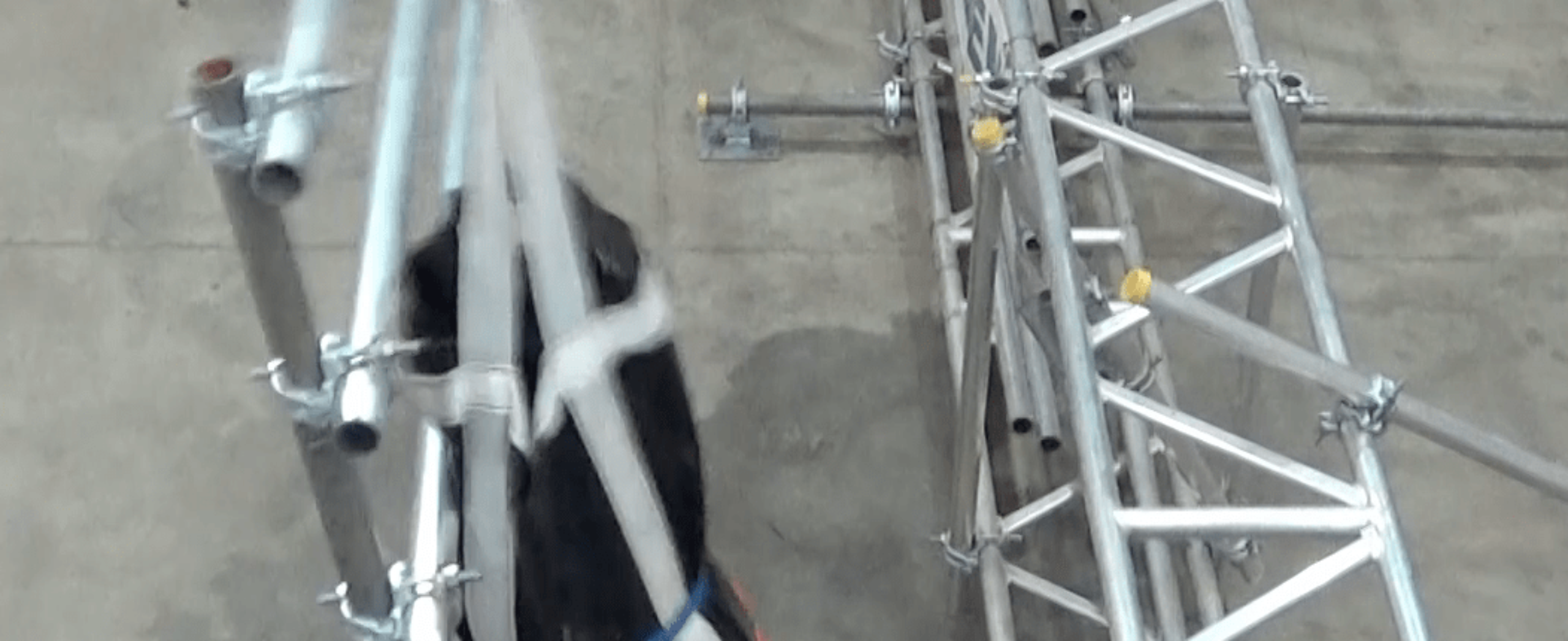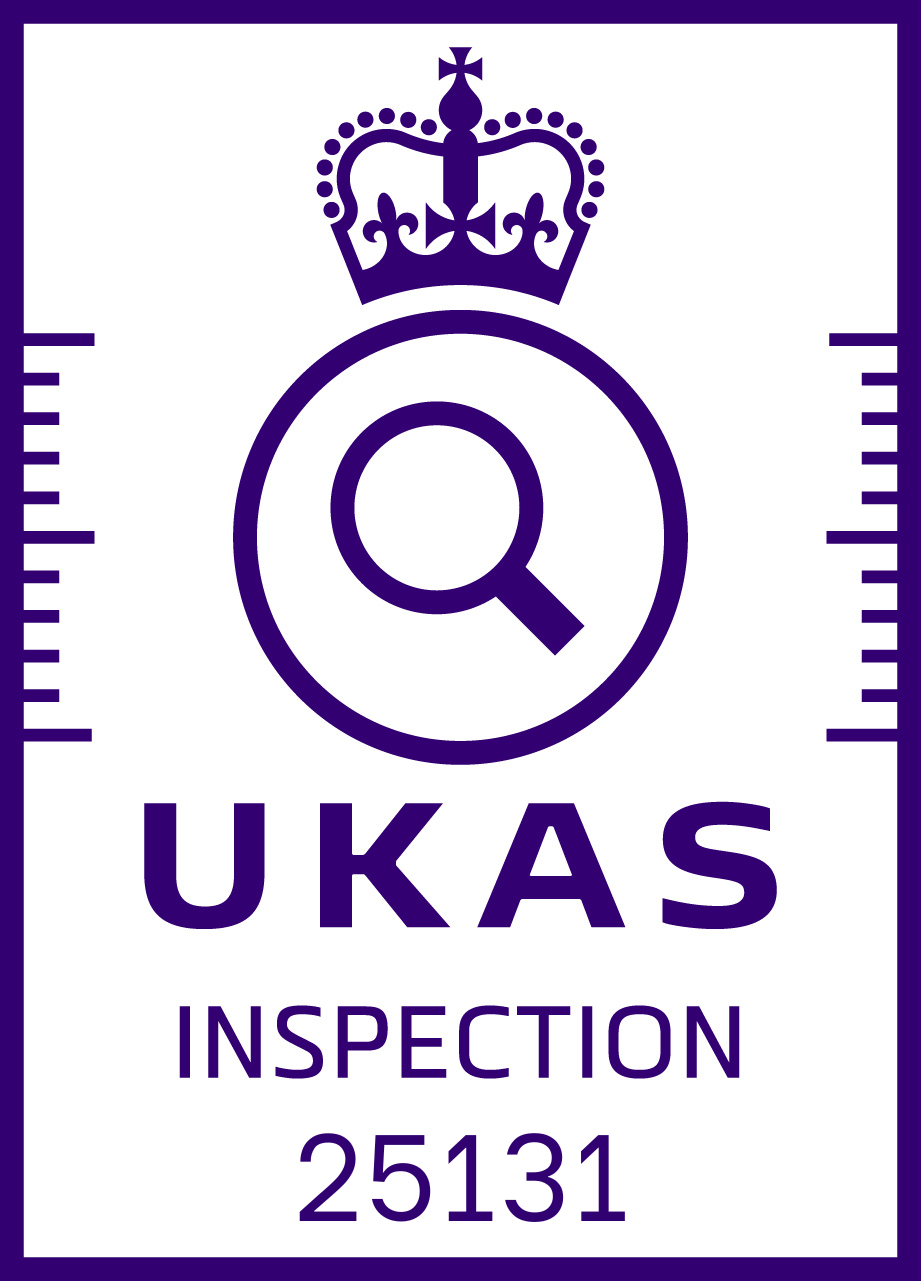Temporary edge protection systems are vital in the construction of buildings, designed to prevent people or debris from falling from height with potentially fatal consequences. It is one of the main types of fall arrest safety systems for which FASET offers training and guidance in order to promote height safety.
The testing of edge protection systems is also vital as it can highlight weaknesses that could lead to equipment failure and potentially fatal accidents. However, this is often overlooked by those ordering or installing edge protection. Harrigen is a company dedicated to delivering an independent testing service to ensure systems are entirely safe for use and can be trusted to eliminate falls at construction sites.
Rob Harris is the founding director of Harrigen. He also established 3 Education, a FASET member and provider of learning programmes for temporary safety systems including edge protection, safety nets and stair towers. Mr Harris said:
“The absence of testing is potentially life threatening to those working at height because there is no evidence the system will restrain the falling person upon impact. The requirement within the standard (EN 13374:2013+A1:2018) is very clear. Put simply, to ensure a worker doesn’t fall through the edge protection because it’s strong enough, it must be tested.”
Harrigen has recently completed testing of Class B edge protection systems for KR Steel (part of KR Group) – another FASET member. Based in Newburgh, KR Steel Services Ltd is one of the leading providers of steel fabrication and installation in the north-east of Scotland.
Harrigen’s independent test involves swinging a 50kg bag at specified locations along a built edge protection system and measuring the relative deflection to establish sufficient absorption. This is best carried out away from site, in a controlled environment, to ensure safety and accuracy.
Mr Harris continued: “So often we see double or triple rail systems installed by default. The employers of those sheeting the roof must first identify the class of roof (A, B or C). If it is between a 10° and 30° pitch, they must ensure there are no gaps that a 250mm sphere can pass through and, crucially, provide evidence that the edge protection design has successfully passed the dynamic swing bag test. If this is not available, the installation doesn’t comply.”
Harrigen provides an independent dynamic swing bag testing service that is easy to organise and plan. It was established by Rob Harris and Phil Gennard, both highly experienced individuals within the edge protection industry. The pair have a combined knowledge totalling some 50 years.
You can watch the test process here.
Mr Harris continues ”To make it easy for clients, they send us a drawing of their Edge Protection design and we build it on our test rig. We then set up measurement devices and cameras and swing the bag as prescribed in EN 13374. We record the results of the test and issue a written report and video. We’ve put the video on our website; www.harrigen.com”.
Kenny Robertson of KR Group added, ‘We recognised the need to comply across all our Edge Protection installations. It is also a FASET membership requirement and something against which we are audited. We have a safety commitment to all those who work for and with us. KR Group had numerous discussions with Harrigen about how best to achieve this and found them to be brilliant partners. The test was booked, they built our system, tested it and provided us with evidence that we can proudly forward upon request.”
Harrigen Ltd is based near Bicester, Oxfordshire. More information is available via www.harrigen.com
Testing is available by appointment, but clients must provide drawings beforehand.









